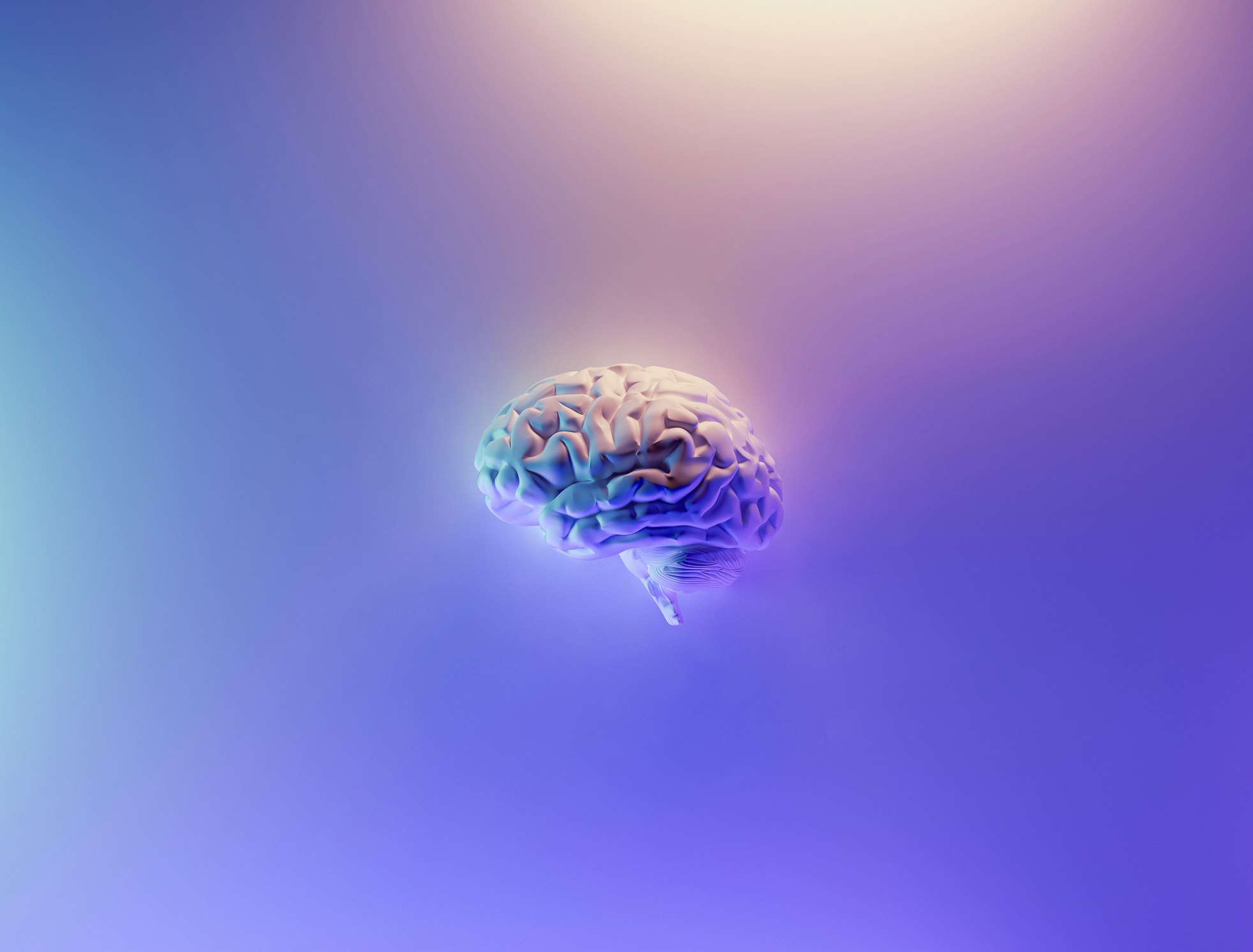7 Online Leisure Activities That Maintain Cognitive Function
Photo by Milad Fakurian on Unsplah
In the current digital age, individuals engage in various online activities for entertainment and relaxation. These activities can positively impact cognitive functions and enhance brain performance. This article examines online leisure activities that provide cognitive stimulation and contribute to brain health. These activities include puzzles, strategy games, online learning platforms, and betting, among others. Engaging in these activities responsibly is important for optimal results.
-
Online Betting
Online betting, when approached with caution, can engage cognitive functions such as probability assessment, strategy formulation, and decision-making. Games like poker or sports betting require users to analyze patterns, evaluate risks, and predict potential outcomes. These activities engage multiple brain regions involved in decision-making and cognitive processing.
Poker involves strategy, psychology, and probability. Players must assess the odds, anticipate others' actions, and make decisions under uncertain conditions. Similarly, sports betting requires knowledge of statistics, trends, and performance data. While these activities provide mental stimulation, it is critical to engage in them responsibly for the best overall experience and for the most fun. When enjoyed in balance, online betting activities are not only engaging and thrilling but they can boost brain function as well.
-
Puzzles and Brain Teasers
Puzzles and brain teasers are commonly available through online platforms and effectively engage the brain. Activities such as Sudoku, crosswords, jigsaw puzzles, and logic-based games require active problem-solving and critical thinking. Regular engagement in these activities has been shown to improve memory, attention, and cognitive flexibility.
Research supports the claim that puzzles stimulate various brain regions, promoting mental exercises that improve focus and memory. Regular puzzle-solving activities can delay cognitive decline, particularly in older adults. These activities demand attention to detail and pattern recognition, which are essential skills for enhancing cognitive processing.
-
Strategy Games and Simulations
These types of games, including chess, checkers, and real-time strategy games (e.g., StarCraft or Age of Empires), are effective at stimulating brain activity. These games require the user to make calculated decisions, plan moves, and execute strategies to achieve goals. This level of cognitive engagement improves decision-making skills, attention span, and memory.
Strategy games involve resource management and risk evaluation. These cognitive tasks support problem-solving abilities and strategic thinking. Players must adapt their tactics based on new information, providing constant mental challenges that promote cognitive growth. Studies show that playing these types of games can positively impact real-world problem-solving skills.
-
Online Learning Platforms
Online learning platforms, such as Coursera, Udemy, and edX, provide structured learning opportunities across various topics. Engaging with these platforms helps develop new knowledge, improve memory retention, and strengthen cognitive functions such as critical thinking. Learning new subjects enhances cognitive abilities by requiring the brain to process and retain new information. Engaging in online education helps delay cognitive decline in older individuals by maintaining cognitive activity. Learning and applying new concepts keep the brain stimulated, strengthening memory and attention, which contributes to mental health.
-
Video Games
Video games are another widely accessible online activity that provides significant cognitive benefits. Many video games require players to engage in complex problem-solving, strategic planning, and quick decision-making. Role-playing games (RPGs), action games, and puzzle games require users to solve challenges and make decisions that directly affect game outcomes. In particular, role-playing games have been known to help people with disabilities boost cognitive function and social interaction. Games that require quick reflexes and coordination, such as action-oriented games, can enhance hand-eye coordination, reaction times, and focus.
Puzzle games like Portal or The Witness require spatial reasoning and critical thinking, improving cognitive function. Playing video games stimulates brain areas responsible for memory, problem-solving, and creativity. Research indicates that video gaming can enhance certain cognitive abilities when done in moderation.
-
Social Media and Discussion Forums
Social media and online forums can provide cognitive stimulation when used constructively. Engaging in thoughtful discussions, reading diverse viewpoints, and sharing knowledge on platforms like Reddit or Quora can enhance critical thinking and cognitive flexibility. Active participation in educational communities encourages problem-solving and knowledge acquisition.
However, it is essential to use these platforms mindfully. Passive consumption, such as endless scrolling through social media without engagement, does not offer cognitive benefits. Active participation in informative discussions or engaging in debates on relevant topics stimulates mental faculties and promotes intellectual growth.
-
Creative Activities
Online platforms offer opportunities for self-expression through writing, drawing, and music for creative individuals. Writing blogs, stories, or poetry enhances language skills and creativity. Digital art platforms allow users to draw and create, improving motor skills and stimulating the brain’s creative centers. Music platforms that offer virtual instruments or digital music production tools engage the brain in auditory processing and pattern recognition. Composing music or creating digital art involves complex cognitive functions, including creativity, planning, and execution. These creative activities stimulate both logical and artistic brain areas, improving cognitive flexibility and enhancing memory.



